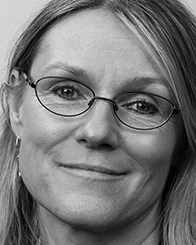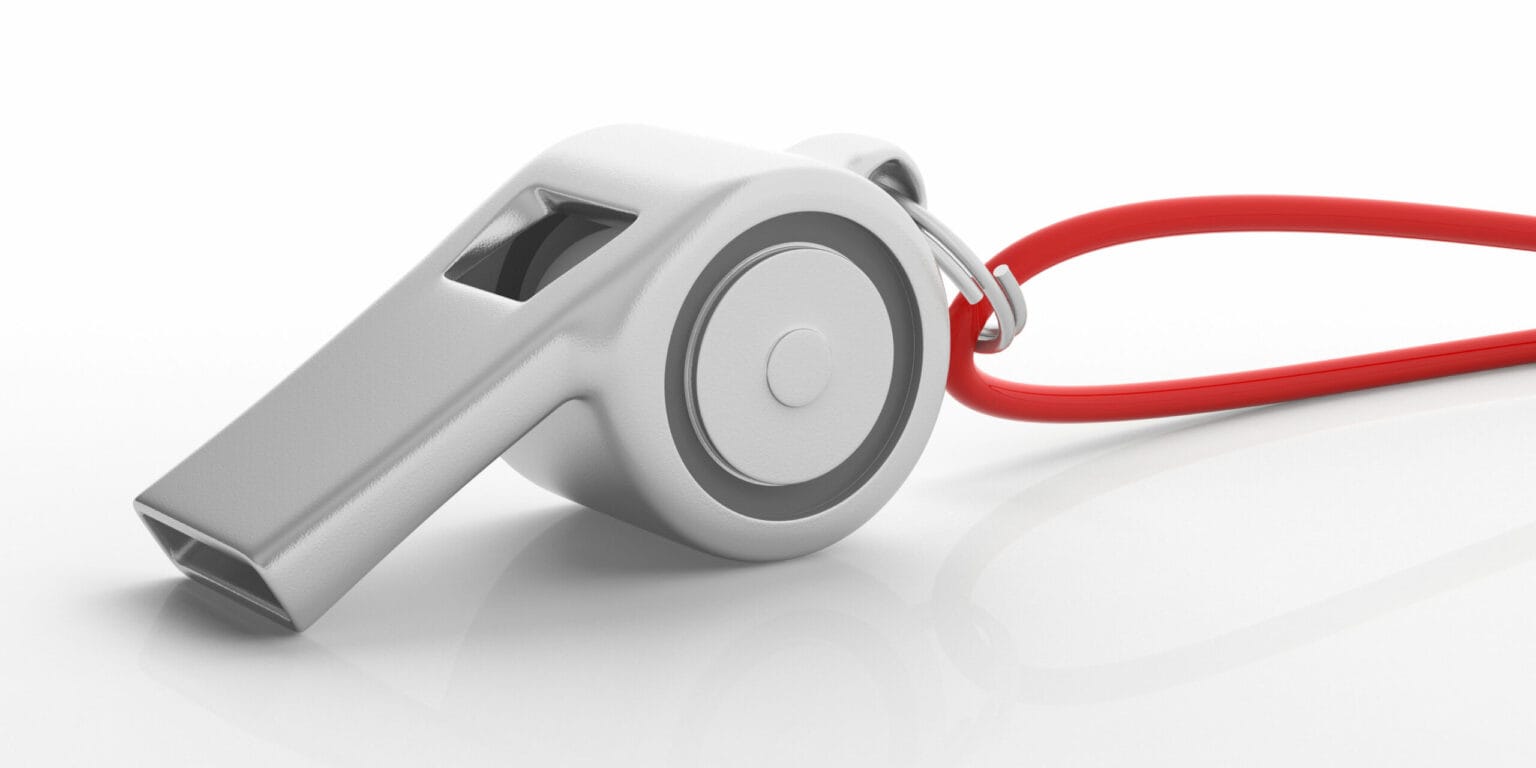The new Whistleblower Act came into force in December 2021. It states that all public sector employers with at least 50 employees are to have a channel for reporting misconduct. As Universitetsläraren has previously reported, these reporting channels were supposed to have been in place no later than mid-July 2022.
In progress in Jönköping
Universitetsläraren examined 34 universities and colleges and found that all of them now have a whistleblower channel, with the exception of Jönköping University.
The Act states that public sector employers with at least 50 employees and private sector employers with at least 250 employees were to have their whistleblower channel in place by mid-July last year.
However, private employers with fewer than 50 employees have until 17 December 2023, which means that Jönköping University, which is owned by a private foundation, has had more time to set up its whistleblower channel, according to Håkan Sonesson, information security officer at the University.
Different companies
The Jönköping University Foundation is part of a group with six other companies, including Jönköping School of Health and Welfare AB, Jönköping School of Education and Communication AB and the Jönköping International Business School AB. Only one of the companies in the group, Högskoleservice i Jönköping AB, has more than 250 employees. For this reason, a whistle-blower channel has only been introduced there so far.
The university has, however, procured a central system for whistleblowing, to which each of the group’s seven companies will be connected. This will be introduced at all the other companies in 2023.
“We have a system in place and will publish details of these channels at each of the other companies within a week or two,” says Sonesson.

Whistleblowers at one in three higher education institutions
Universitetsläraren has found that eleven universities and colleges have received at least one report through their whistleblower channel. In total, 34 reports were received between December 2021 and November 2022. Uppsala University, Chalmers University of Technology and Stockholm University have the most, with ten, six and four reports respectively.
SULF’s Legal Officer, Annika Wahlström, is surprised by the number of reports. “Considering the strong whistleblower protections that already existed within public sector organisations, 34 reports in one year is a somewhat higher figure than I had expected,” she says.
She points out that it is not possible to determine how many, or even if any, of these reports refer to actual misconduct or not.

May collaborate
At the University of Gävle, no whistleblower reports have been received so far. Since last summer, an external law firm has been engaged to handle the investigation of whistleblower cases, but a lawyer has recently been recruited.
According to the response Universitetsläraren received by email, they are also considering collaborating with Dalarna University on investigations into whistleblower cases, so that they can investigate each other’s reports.
The Stockholm School of Economics told Universitetsläraren that it has a whistleblower channel, and that two cases have come in this way. However, these will not been made public, as the university is not state-owned.

















